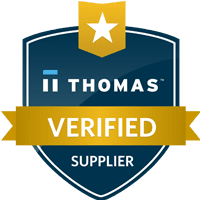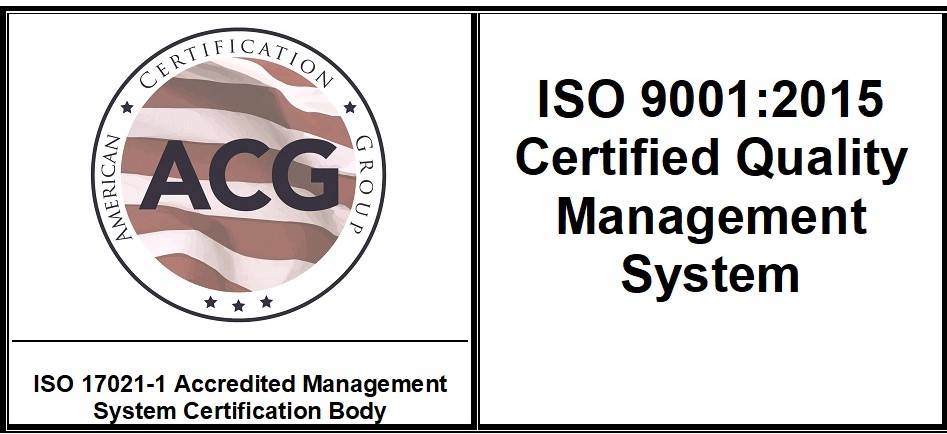Injection molding is widely used for rapid prototyping and production of plastic, urethane, or metal components. There are multiple types of injection molding processes, each using different materials and molds.
Advanced Prototype Molding is capable of producing epoxy, aluminum, and steel molds. Each option has its own advantages. Our service includes finding the mold best suited for the project.
Injection molding is the manufacturing technique wherein a mold is filled with a molten or melted filling material which is then cooled to produce a solid component. The material is first melted and mixed in a heated barrel, then injected under pressure into a mold where it will cool and take on the shape of the inside of the mold.
The injection molding process enables the fabrication of many parts with stringent specifications. It is necessary to have a well-designed, durable mold to achieve the level of precise repeatability necessary for large production runs. The melt flows into the mold through gates and the displaced air escapes through vents. Improper gate design will cause air to partially fill the mold, causing misshapen parts. If the vents are too small or positioned incorrectly, air bubbles may get trapped in the product or cause burn spots.
A successful injection molding operation also depends on the material used. Materials must be selected with the right mechanical properties – such as hardness, flexibility, and density – that is appropriate for the application. The cost of the material is also important for many designs, as the prohibitive cost may make a product or design unfeasible.
The most common materials used for injection molding include Acrylonitrile Butadiene Styrene (ABS), Polycarbonate (PC), ABS and PC blend, High-Density Polyethylene (HDPE), Polypropylene (PP), and Nylon (polyamide) as provided in the image below.
Plastic injection molding typically uses some type of thermoplastic. Molding with plastic is suitable for prototyping, production, and small runs. Plastic resin pellets are melted, injected into the mold, and cooled to form the final part shape.
Liquid silicon rubber (LSR) molding uses thermoset materials. Two different chemicals are mixed to make the thermoset LSR. The LSR injection system is cooled but the mold is heated. Since LSR is a thermoset material, the molded part cannot be reused. LSR is also useful for prototyping and small part runs.
Die casting uses molten metal for manufacturing durable metallic parts. Die casting is employed for making large numbers of metallic parts. A variety of metals may be used in die casting, including aluminum, copper, magnesium, or zinc.
Advanced Prototype Molding (APM) excels in building epoxy, aluminum, and steel molds to your specifications. Epoxy is a strong, tough, yet inexpensive material for making molds. In most cases, aluminum is used instead of steel for making molds due to faster turnaround times and lower costs. However, stainless steel is still the mold of choice when highly polished cavities are required, as in the case of medical devices.
APM provides a wide range of value-added services in addition to injection molding, providing end-to-end, single-source services for many of our clients. These services include Design, Mold engineering, Hot stamping, Pad printing, Silk screening, In-mold labeling, Tooling, Assembly, and Packaging as provided in the image below.
We also provide a variety of other mold making & production services all under one roof. Contact us today for more information regarding how we can be of service!



ADVANCED PROTOTYPE MOLDING
1520 N Old Rand Road Wauconda, IL 60084
Tel: 847-202-4200
Fax: 847-202-4270
sales@advancedprototype.com

ADVANCED PROTOTYPE MOLDING
1520 N Old Rand Road Wauconda, IL 60084
Tel: 847-202-4200
Fax: 847-202-4270
sales@advancedprototype.com